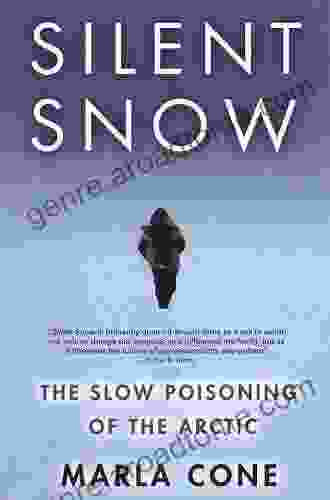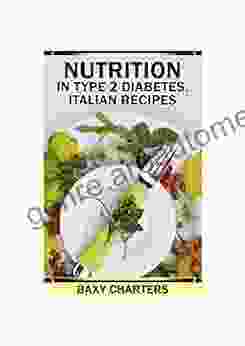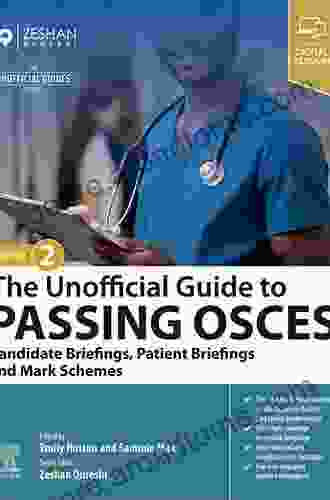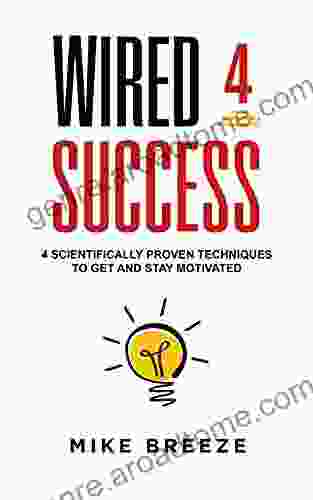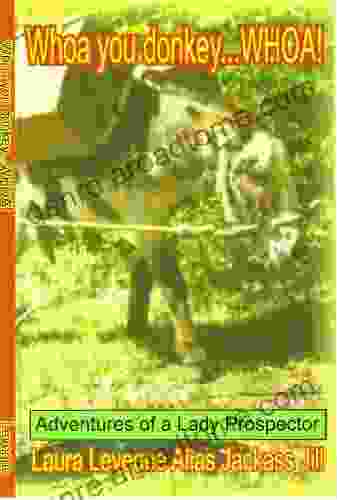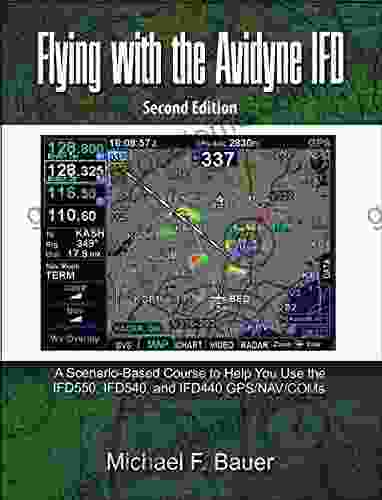"Silent Snow": Uncovering the Arctic's Hidden Environmental Crisis

A Journey into the Arctic's Slow Poisoning
The Arctic, a vast and enigmatic realm of ice and snow, has long captivated our imaginations. Its pristine wilderness and abundant wildlife evoke a sense of awe and wonder. However, beneath this seemingly pristine facade lies a hidden crisis—the slow poisoning of the Arctic environment.
4.5 out of 5
| Language | : | English |
| File size | : | 1232 KB |
| Text-to-Speech | : | Enabled |
| Screen Reader | : | Supported |
| Enhanced typesetting | : | Enabled |
| Word Wise | : | Enabled |
| Print length | : | 268 pages |
| Lending | : | Enabled |
In her groundbreaking book, "Silent Snow," environmental journalist and scientist Dr. Rebecca Ambrose exposes the insidious threat of pollution and climate change that is ravaging the Arctic ecosystem. With meticulous research and compelling storytelling, Ambrose takes us on an eye-opening journey into the Arctic's hidden environmental crisis, unveiling the devastating consequences that are already unfolding and the urgent need for action.
A Silent Threat: Pollution in the Arctic
The Arctic is often perceived as a remote and isolated region, far removed from the hustle and bustle of human activity. However, the ice-covered waters and frozen landscapes are anything but pristine. Over the past decades, the Arctic has become a dumping ground for toxic chemicals and heavy metals, which have been transported through the atmosphere and oceans from industrial centers around the globe.
These contaminants, known as Persistent Organic Pollutants (POPs),accumulate in the Arctic food web, posing a grave threat to wildlife and human health. POPs can disrupt hormonal balances, impair reproductive success, and even cause cancer. The Arctic's iconic polar bears, seals, and walruses are particularly vulnerable to these contaminants, which can accumulate to dangerous levels in their fatty tissues.
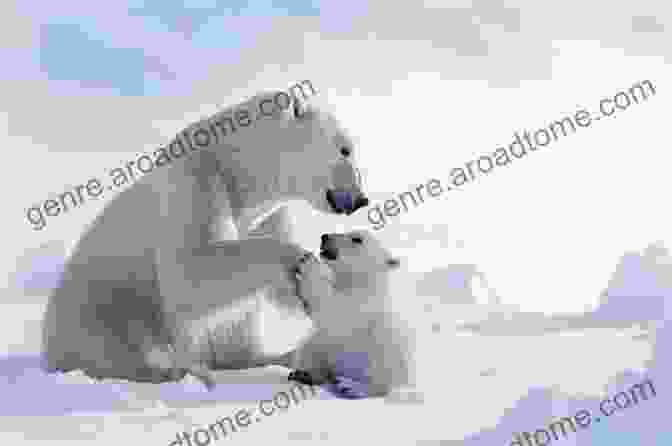
Climate Change: A Double-Edged Sword
In addition to pollution, climate change poses an equally severe threat to the Arctic ecosystem. Rising temperatures are causing sea ice to melt at an alarming rate, disrupting the delicate balance of the Arctic environment. As the ice disappears, it exposes the Arctic Ocean to more sunlight, which accelerates warming and further amplifies the pace of sea ice loss.
This vicious cycle is having profound consequences for Arctic wildlife. Polar bears rely on sea ice for hunting, mating, and raising their young. As the ice cover diminishes, they must travel farther and work harder to find food, putting their survival at risk. The disappearance of sea ice also threatens the livelihoods of Arctic indigenous communities who rely on hunting and fishing for their sustenance.
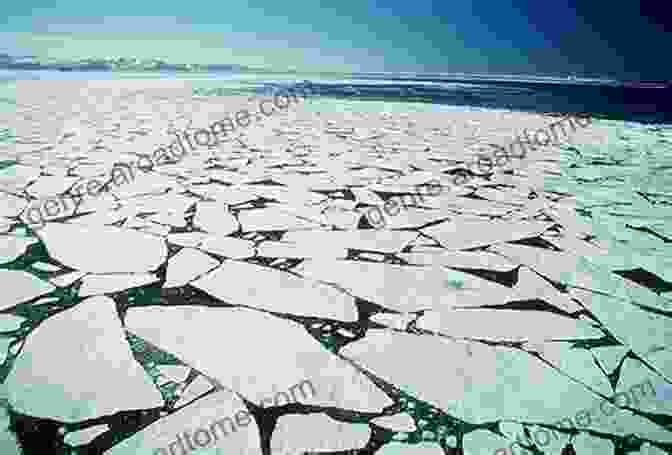
Food Web Contamination: A Ticking Time Bomb
The Arctic food web is a complex and interconnected system, where contaminants can accumulate and magnify as they move up the trophic levels. Small organisms, such as zooplankton and Arctic cod, ingest contaminated water and food, which is then passed on to larger predators, such as seals and polar bears. As predators consume more and more contaminated prey, the levels of POPs and heavy metals in their bodies increase, potentially reaching toxic levels.
This process of biomagnification has serious implications for the health and survival of Arctic wildlife. Polar bears, at the top of the food chain, are particularly vulnerable to the toxic effects of these contaminants. Studies have shown that high levels of POPs in polar bears can impair their immune systems, reduce their fertility, and increase their susceptibility to disease.
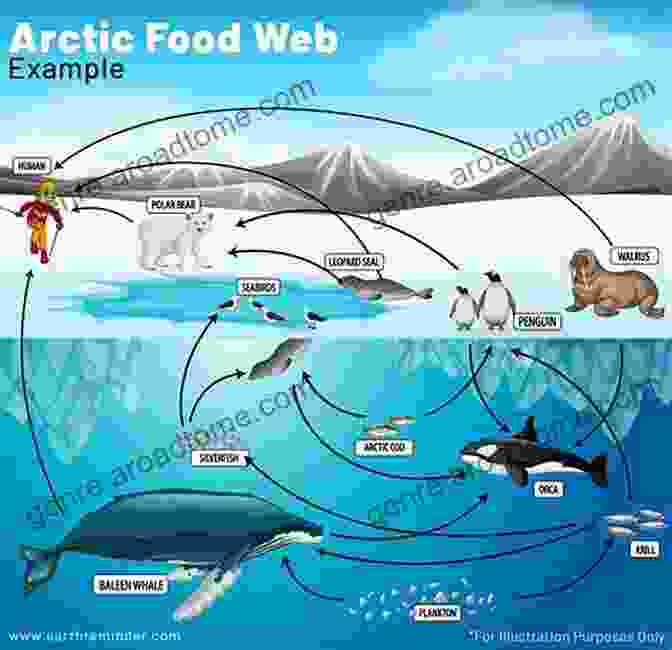
Indigenous Communities: On the Front Lines
The Arctic's indigenous communities are among the most vulnerable to the environmental crisis unfolding in the region. They rely heavily on the land and sea for their food, culture, and livelihoods. However, the contamination of the Arctic environment is threatening their traditional way of life.
Indigenous communities have reported high levels of contaminants in their food and water sources, which has raised concerns about their health and well-being. Contaminants can accumulate in the bodies of humans who consume contaminated food, leading to a range of health problems, including developmental disFree Downloads, cancer, and reproductive issues.
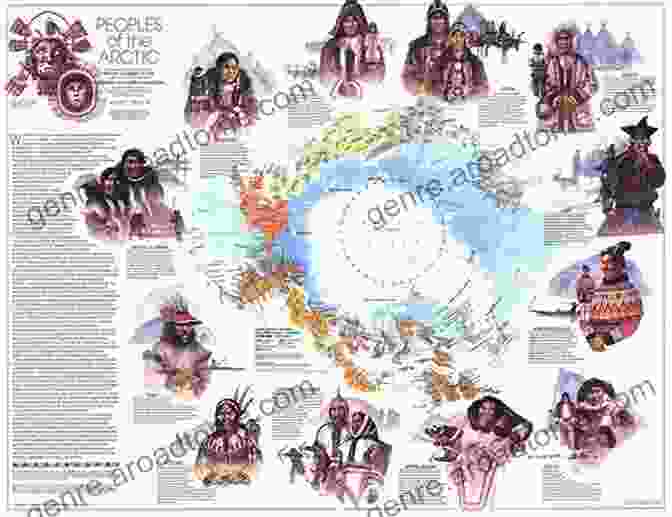
A Call to Action
"Silent Snow" is not just a chronicle of the Arctic's environmental crisis; it is a wake-up call. Ambrose paints a chilling picture of the slow poisoning of our planet's most pristine wilderness, but she also offers a glimmer of hope by outlining the urgent actions that need to be taken to mitigate the damage and protect the Arctic for future generations.
We need to reduce our emissions of greenhouse gases to slow the pace of climate change and sea ice loss. We need to ban or severely restrict the use of POPs and other harmful chemicals. We need to invest in research to better understand the impacts of pollution and climate change on the Arctic ecosystem.
Most importantly, we need to listen to the voices of Arctic indigenous communities, who have a deep understanding of the region's environment and the challenges it faces. They are the ones who are most affected by the environmental crisis, and they have valuable insights to offer on how to protect the Arctic for generations to come.

"Silent Snow" is a powerful and thought-provoking book that sheds light on one of the most pressing environmental crises of our time. It is a must-read for anyone who cares about the future of our planet and the well-being of its people. By raising awareness about the hidden dangers facing the Arctic, Ambrose empowers us to demand action and protect this irreplaceable ecosystem before it is too late.
Join the movement to protect the Arctic. Read "Silent Snow" today and be part of the solution.
4.5 out of 5
| Language | : | English |
| File size | : | 1232 KB |
| Text-to-Speech | : | Enabled |
| Screen Reader | : | Supported |
| Enhanced typesetting | : | Enabled |
| Word Wise | : | Enabled |
| Print length | : | 268 pages |
| Lending | : | Enabled |
Do you want to contribute by writing guest posts on this blog?
Please contact us and send us a resume of previous articles that you have written.
 Book
Book Novel
Novel Page
Page Chapter
Chapter Text
Text Story
Story Genre
Genre Reader
Reader Library
Library Paperback
Paperback E-book
E-book Magazine
Magazine Newspaper
Newspaper Paragraph
Paragraph Sentence
Sentence Bookmark
Bookmark Shelf
Shelf Glossary
Glossary Bibliography
Bibliography Foreword
Foreword Preface
Preface Synopsis
Synopsis Annotation
Annotation Footnote
Footnote Manuscript
Manuscript Scroll
Scroll Codex
Codex Tome
Tome Bestseller
Bestseller Classics
Classics Library card
Library card Narrative
Narrative Biography
Biography Autobiography
Autobiography Memoir
Memoir Reference
Reference Encyclopedia
Encyclopedia Nicol Wachter
Nicol Wachter Noah T Watry
Noah T Watry Laura Evert
Laura Evert Kuroneko
Kuroneko Scott Young
Scott Young Laura L Smith
Laura L Smith Kris Deva North
Kris Deva North Peter Underwood
Peter Underwood Susan I Buchalter
Susan I Buchalter Robert W Holt
Robert W Holt Laura Kerr
Laura Kerr Krishna Rungta
Krishna Rungta Sheila Parker
Sheila Parker Kiyotaka Wasa
Kiyotaka Wasa Louis Cannizzaro
Louis Cannizzaro Kristina Benson
Kristina Benson Sarah S Richardson
Sarah S Richardson Marianna Klar
Marianna Klar Kyle Ferguson
Kyle Ferguson Sarah Toplikar
Sarah Toplikar
Light bulbAdvertise smarter! Our strategic ad space ensures maximum exposure. Reserve your spot today!

 Aubrey BlairEnterprise Application Development with Angular 13 and PHP: A Comprehensive...
Aubrey BlairEnterprise Application Development with Angular 13 and PHP: A Comprehensive... Tony CarterFollow ·11.1k
Tony CarterFollow ·11.1k Abe MitchellFollow ·14.7k
Abe MitchellFollow ·14.7k Carlos DrummondFollow ·7.3k
Carlos DrummondFollow ·7.3k Terence NelsonFollow ·6.6k
Terence NelsonFollow ·6.6k George OrwellFollow ·6.9k
George OrwellFollow ·6.9k Fredrick CoxFollow ·15.6k
Fredrick CoxFollow ·15.6k Allen ParkerFollow ·13.9k
Allen ParkerFollow ·13.9k Benjamin StoneFollow ·17.8k
Benjamin StoneFollow ·17.8k

 Charlie Scott
Charlie ScottQuickBooks 2024 In Depth: Your Essential Guide to...
About the Book Are you ready to elevate...
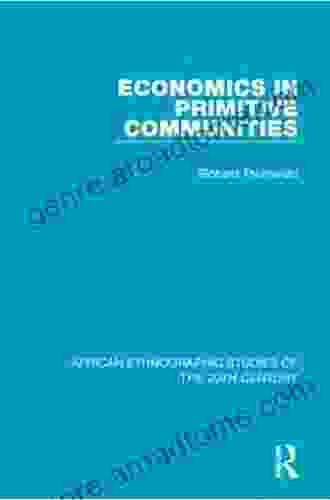
 D'Angelo Carter
D'Angelo CarterUnlocking the Mysteries of Primitive Economies: A Journey...
Prepare to embark on an...

 Milton Bell
Milton BellUnveiling the Secrets of Agile Coaching: A Comprehensive...
In the ever-evolving landscape...

 Tyler Nelson
Tyler NelsonUnveiling the Treasures of Italy: A Journey of Discovery...
Embark on an enchanting expedition into the...
4.5 out of 5
| Language | : | English |
| File size | : | 1232 KB |
| Text-to-Speech | : | Enabled |
| Screen Reader | : | Supported |
| Enhanced typesetting | : | Enabled |
| Word Wise | : | Enabled |
| Print length | : | 268 pages |
| Lending | : | Enabled |


